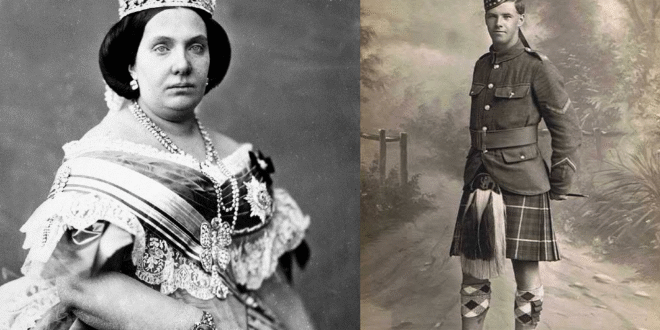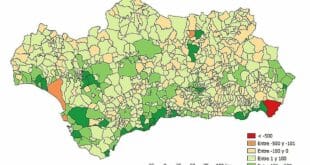HAVE you ever heard the term, ‘guiris’?
It is a slang expression that means us.
Foreigners.
The anglo-saxon kind of foreigner.
Spanish people are very aware of our need. (Look around – apart from tourism, is there any other economic activity going on?) They have a (mildly pejorative) word for us. They call us guiris.
A 40-year old Spanish woman living in Paris wrote the Madrid government on 25 June 1870 to ask them to cut all formal ties with Spain.
What was this woman doing with a slang phrase for foreigners?
Spain had its own queen between 1833-1868. Isabella II, who was only three years old at the time of her accession to the throne, was the last Spanish queen.
Her father (King Ferdinand VI) had issued the Pragmatic Snip just before Isabella’s birth. This new decree repealed the Salic Law which prohibited women from sitting on thrones.
Isabella was only three when her reign began. She was also a woman.
Spain wasn’t prepared to have a little girl rule it.
It was a bad sign.
Her 35 years as king were not happy. In the Basque region, a group known as ‘Carlists’ lived in open rebellion, and her time in power was sullied by endless uprisings and plots.

A naval mutiny erupted in Cadiz, a city that has always been a hotbed for revolution, and spread quickly. Isabella fled France to Sevilla because Cadiz was too close for her safety.
She expected that she would return to power when the situation calmed, but this was not the case. She was just too unpopular.
To give her son Alfonso the chance to be king, she wrote that letter, in which she renounced all of her personal claims to the crown.
Isabella abdicated on June 12th, 155 years ago.
It is true that her son became king. Alfonso, the Twelfth was his name.
Isabella returned to Spain briefly, but she didn’t settle. Paris became her home. She died in Paris, aged 73, in 1904.
Where are we now? Guiri explanation?
Isabella, as a young girl, liked men, according to the story. It’s a lot.
Her preferred ‘type’ was a tall, athletic Scot. She had a lot of freedom in hiring and firing palace employees because she was the queen. She selected a group of young Scottish bodyguards.
Isabella chose to live in Sevilla rather than Madrid.
She wanted to give her personal bodyguards a uniform (and rumours say that they were very personal). Wise counselors warned her against it.
She was unpopular, and the sight of ‘her’ men, strutting around Sevilla like uniformed peacocks, might provoke another uprising.
Isabella accepted the argument, but she insisted that each of her Scottish sons receive a metal buckle. The buckle must say “Guardia Imperial de la Reina Isabella”. The buckle should read: “Queen Isabella Imperial Guard”
It was pointed out to her that this was too much writing for a belt buckle, so she agreed to reduce it to ‘Gu.I.R.I.’ The buckles are made and distributed.
Imagine a handsome Scot in 1850s attire, with his buckles on display, walking along Calle Sierpes.
We can also imagine a group impoverished Sevillanos sipping Manzanilla in a cafeteria’s terrace.
No doubt, one of them turned to his friends and sneered: “Look, lads – it’s one of her ‘guiris’.”
So, slang words are born.
 Costa News Spain Breaking News | English News in Spain.
Costa News Spain Breaking News | English News in Spain.







